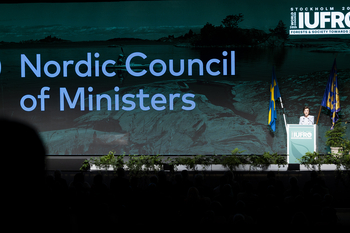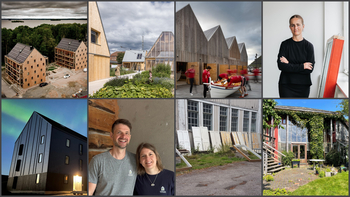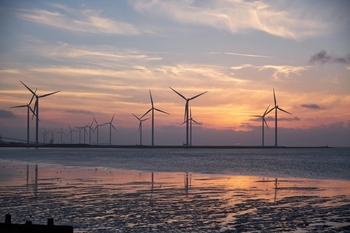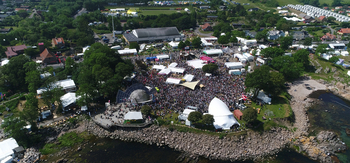A shared responsibility for our oceans
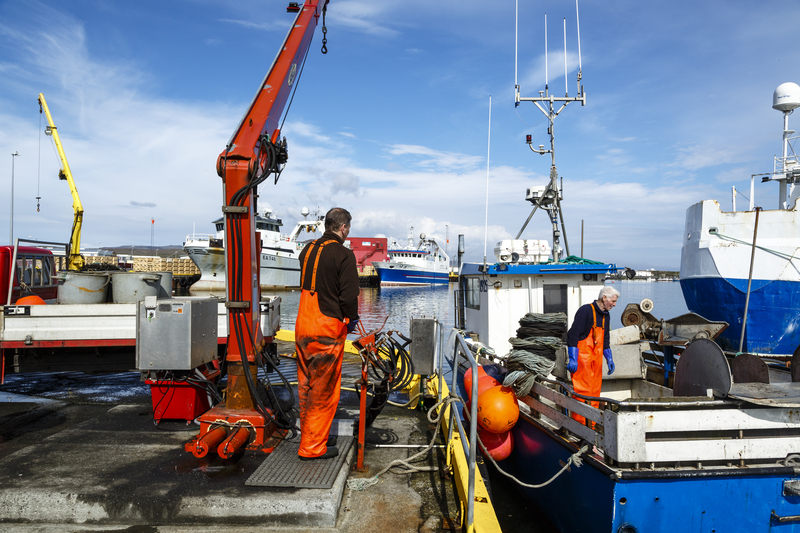
“The ocean is a source of food for the whole of the Nordic Region. We must ensure that it remains so. The oceans provide food to millions of people around the world. We need to treat our oceans sustainably,” says Annette Lind of the Social Democratic Group in the Nordic Council.
The oceans are a focus area for Nordic co-operation under the Norwegian presidency of the Nordic Council this year. The presidency programme for 2018 states that the presidency shall work to ensure that the Nordic countries work together to bring about the “regulated and sustainable utilisation of marine resources”.
Climate change can affect ocean currents, and subsequently marine ecology. Both theory and empirical surveys show that, globally, mean temperatures are rising due to greenhouse gas emissions. The energy balance between the sun and the earth is influenced by human activity. Although there may be broad regional differences, generally, the planet will get warmer. Higher sea temperatures may cause fish to migrate northwards away from warmer seas, increasing fishing potential. Yet this is not without risk. The impact could be serious due to the possible effect of climate change on ocean currents, acidification, and lower oxygen levels in the marine environment.
Global problem
Climate change is global and can only be addressed with global efforts. The 2015 Paris Agreement is instrumental in efforts to reduce greenhouse gas emissions. Although the Nordic Region can help to lead the way towards a climate-neutral society, climate change is inevitable. The Nordic countries can work together to understand how acidification and changes in ocean currents affect marine ecology, as well as to identify how the coastal communities that will be affected by these changes can prepare.
“When we see how modern society has burdened our oceans with plastic, CO2, and pollution in general, it’s vital that the whole world, including us in the Nordic Region, focus on the marine environment,” says Solfrid Lerbrekk of the Nordic Green Left party group in the Nordic Council.
Food source
The Nordic Region includes large marine areas. So it’s no surprise that the Nordic countries are relatively large fishing nations. For communities along the Nordic North Atlantic coast, fishing plays a crucial economic role. The informed and sustainable use of marine resources and healthy ecosystems are vital for the future of fishing. This is something that Vilhjalmúr Árnason from Iceland and the Conservative party group in the Nordic Council picks up on in particular.
“It’s hugely important for Iceland, an island nation, that the Nordic Council focuses on the marine environment since the country’s entire society is based on and depends on the ocean. We’ve succeeded in utilising marine resources in a positive way. It’s vital for our society and for future generations that these resources are available in the future,” says Árnason.
